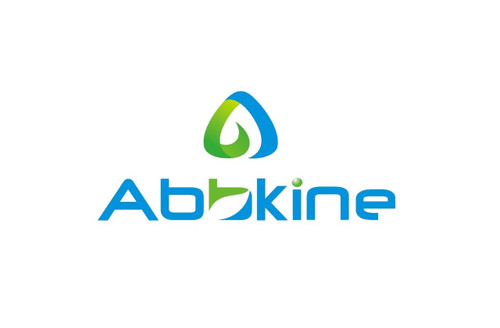Product Description
Human R-spondin-2 (RSPO2) ELISA Kit | AE21093HU | Abebio
Species Reactivity: Human (Homo sapiens)
Abbreviation: RSPO2
Alternative Name: CRISTIN2; MGC35555; MGC43342; R-spondin family; member 2
Application: ELISA
Range: 15.6-1000 pg/mL
Sensitivity: 6.1 pg/mL
Intra-Assay: ≤4.7%
Inter-Assay: ≤8.6%
Recovery: 0, 87
Sample Type: Serum, Plasma, Other biological fluids
Detection Method: Sandwich
Analysis Method : Quantitive
Test Principale: This assay employs a two-site sandwich ELISA to quantitate RSPO2 in samples. An antibody specific for RSPO2 has been pre-coated onto a microplate. Standards and samples are pipetted into the wells and anyRSPO2 present is bound by the immobilized antibody. After removing any unbound substances, a biotin-conjugated antibody specific for RSPO2 is added to the wells. After washing, Streptavidin conjugated Horseradish Peroxidase (HRP) is added to the wells. Following a wash to remove any unbound avidin-enzyme reagent, a substrate solution is added to the wells and color develops in proportion to the amount of RSPO2 bound in the initial step. The color development is stopped and the intensity of the color is measured.
Product Overview: R-spondins (RSPOs), such as RSPO2, are secreted proteins that regulate beta-catenin (CTNNB1) signaling. Xenopus and human RSPO2 enhanced mouse Wnt3a signaling in transfected human embryonic kidney cells. C-terminally truncated Xenopus Rspo2, but not the full-length protein, was secreted from cells and retained its activity. Mutation analysis showed that the TSP1 domain of Xenopus Rspo2 was dispensable for activity, but the furin domains were required. RT-PCR analysis showed that Xenopus embryos injected with Wnt8 or beta-catenin induced Rspo2 and Rspo3. Overexpression of Rspo2 in Xenopus activated the Wnt/beta-catenin pathway upstream of dishevelled (DVL1), interfered with Tgfb-type growth factors, and promoted myogenesis.
Stability: The stability of ELISA kit is determined by the loss rate of activity. The loss rate of this kit is less than 5% within the expiration date under appropriate storage condition. The loss rate was determined by accelerated thermal degradation test. Keep the kit at 37°C for 4 and 7 days, and compare O.D.values of the kit kept at 37°C with that of at recommended temperature. (referring from China Biological Products Standard, which was calculated by the Arrhenius equation. For ELISA kit, 4 days storage at 37°C can be considered as 6 months at 2 - 8°C, which means 7 days at 37°C equaling 12 months at 2 - 8°C) .
 Euro
Euro
 USD
USD
 British Pound
British Pound
 NULL
NULL








